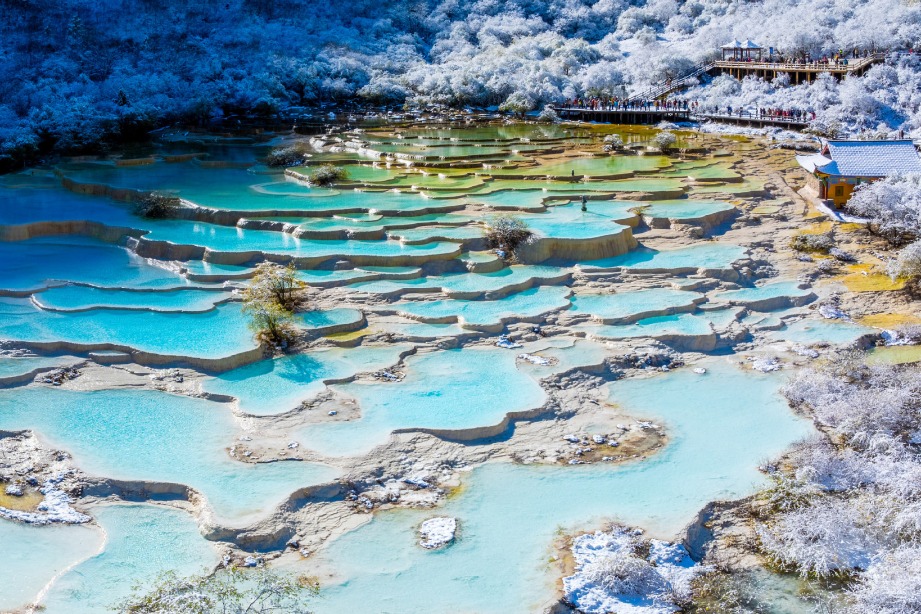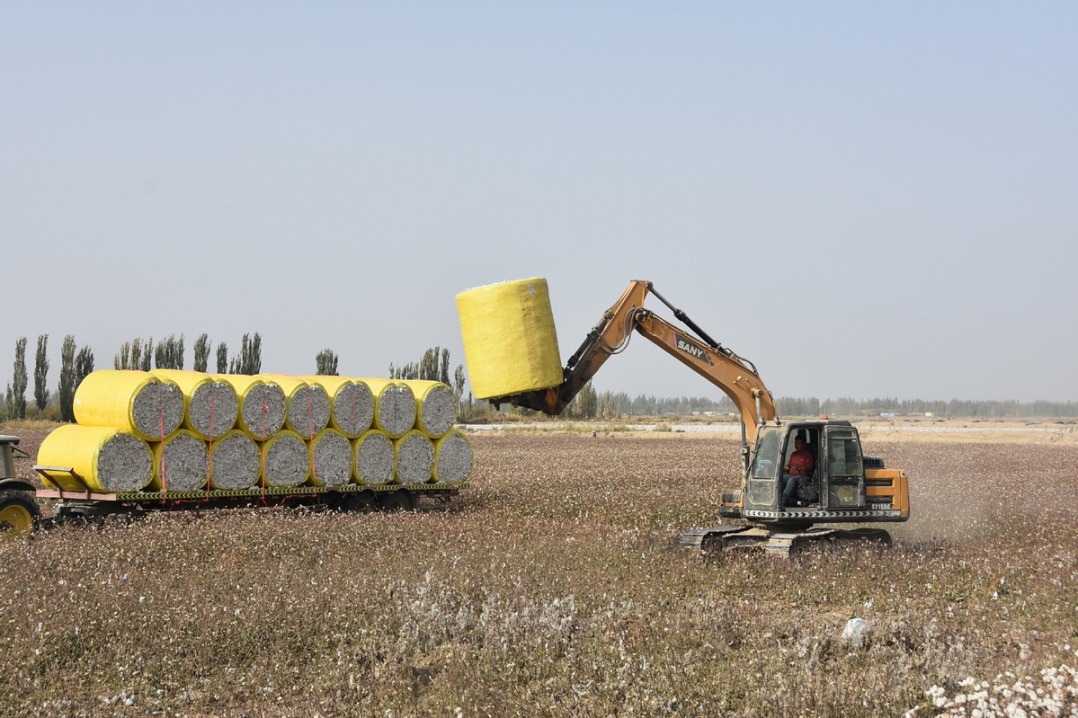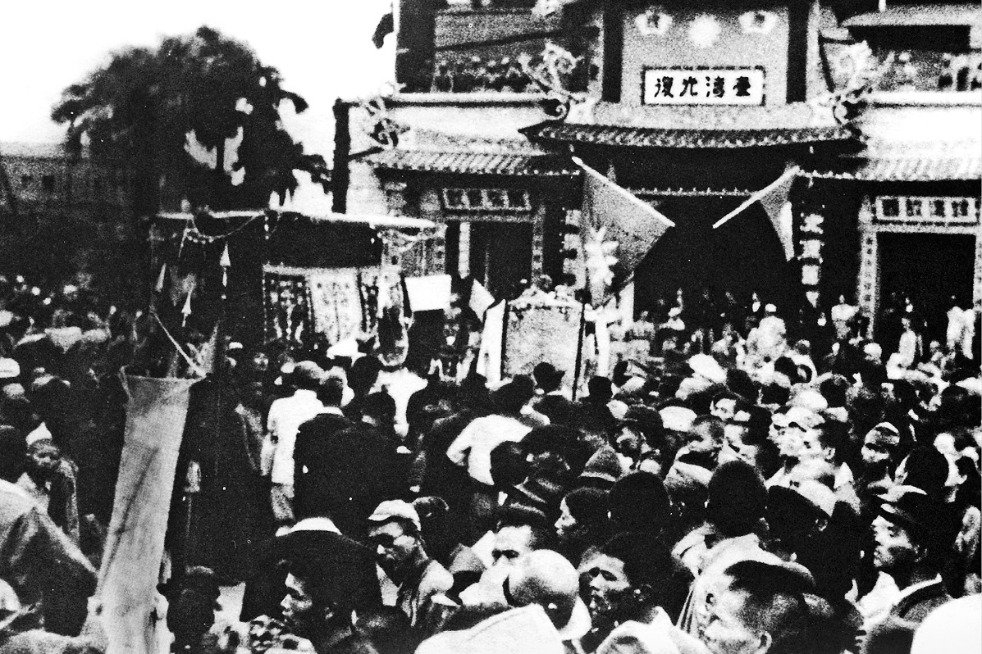Conservation brings birds and plants back to the lake

Return of the birds
Constant conflicts continued into the new century between the villagers and conservation officials in hard negotiations. "We eventually managed to find common ground. We fishermen didn't want the lake that our livelihoods rely on to be polluted, either," Tang said.
Since 2004, the reserve has inked deals with the fishermen's cooperatives to allow eco-friendly aquaculture activities. Fishermen agreed to refrain from using chemical fertilizers and illegal means like poisoning.
Since then, more fishermen and villagers have joined associations on environmental protection, said He Muying, a conservation personnel with the reserve, adding that they also plan to promote bird watching and eco-tourism as new sources of income for local fishermen.
The lake now is a picture of fast-recovering wetland ecology.
So far this winter, more than 30,000 migratory birds have arrived at West Dongting Lake, including 78 black storks under top-level State protection.
The Hengling Lake Nature Reserve, located on the southern bank of Dongting, has 55,000 migratory birds, already surpassing last winter's 40,000.
Zhang Xiaobo, a researcher with Beijing Forestry University who has been carrying out research in the reserve for years, praised the removal of poplars and implementation of fishing bans to improve the lake's biodiversity.
Monitoring over the years has pointed to the accelerated growth of submerged plants such as eelgrass and an increasing number of birds from white cranes to swans. "All these changes indicate that the ecology of West Dongting Lake is gradually recovering," Zhang said.
Xinhua
- Mainland to enhance exchanges with all political entities in Taiwan
- China resolutely opposes US arms sales to Taiwan: spokesperson
- Hong Kong-Zhuhai-Macao Bridge handles over 93 million passenger trips in seven years
- Mainland spokesperson calls for cross-Strait joint efforts to resist external challenges
- 'We have always been Chinese' — Taiwan youth speaks out
- World's first living human receives gene-edited pig liver, surviving 171 Days





































